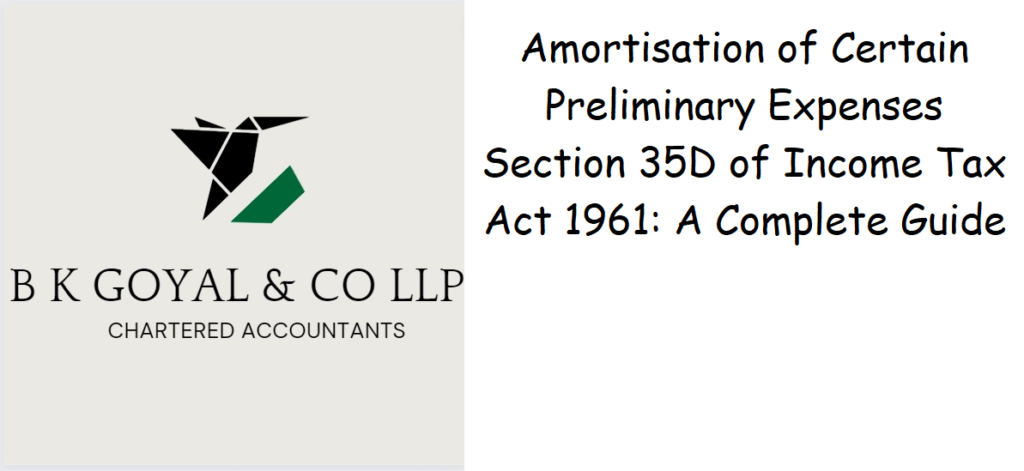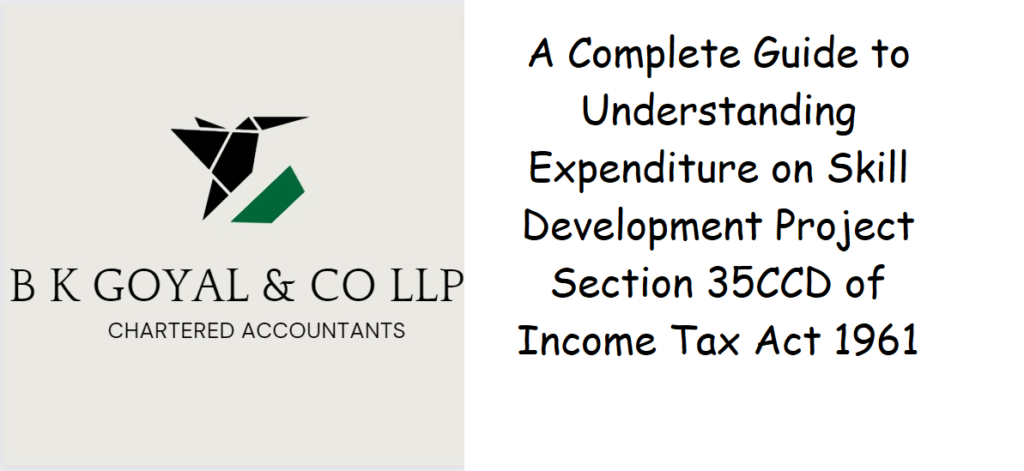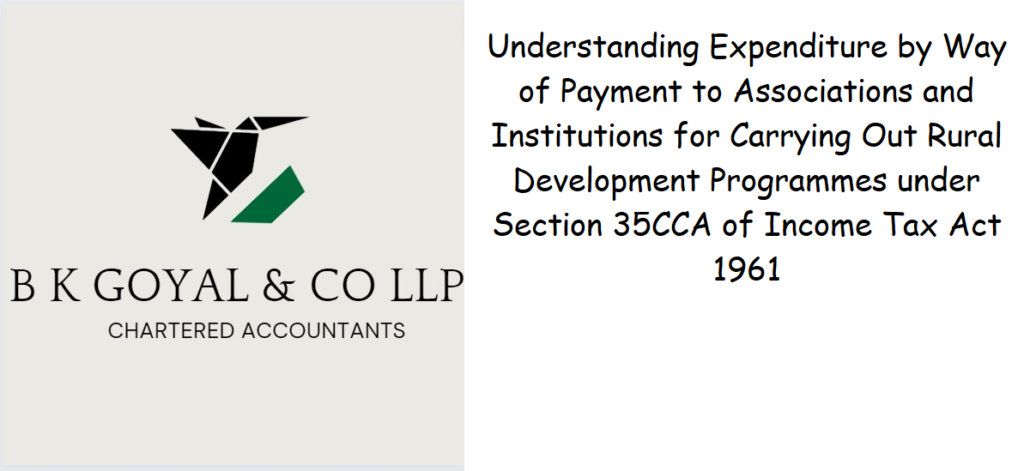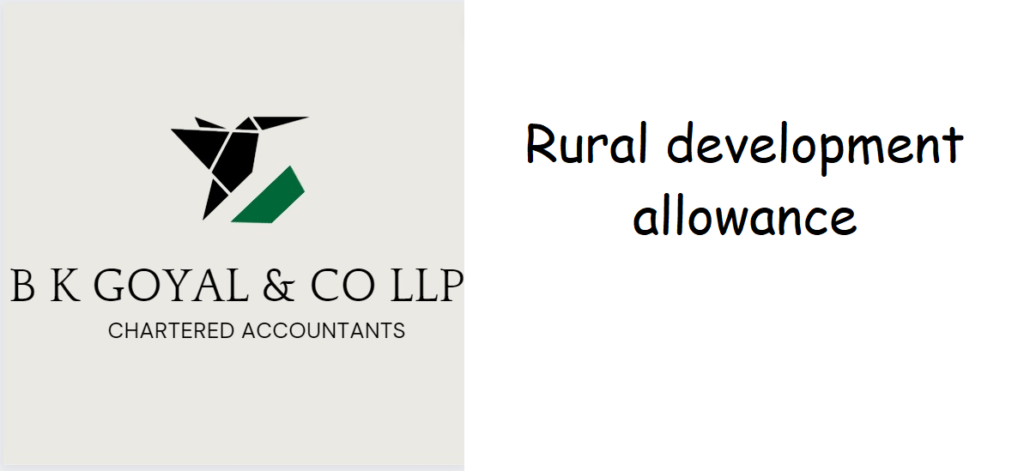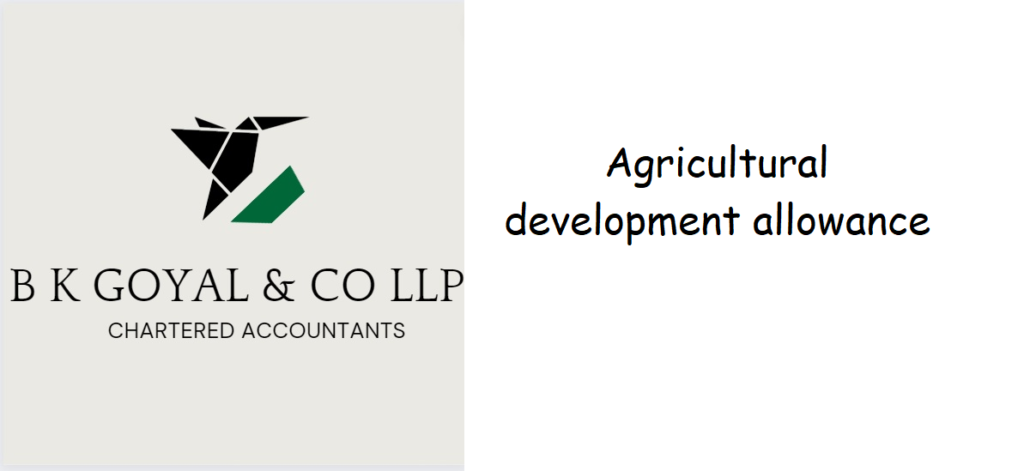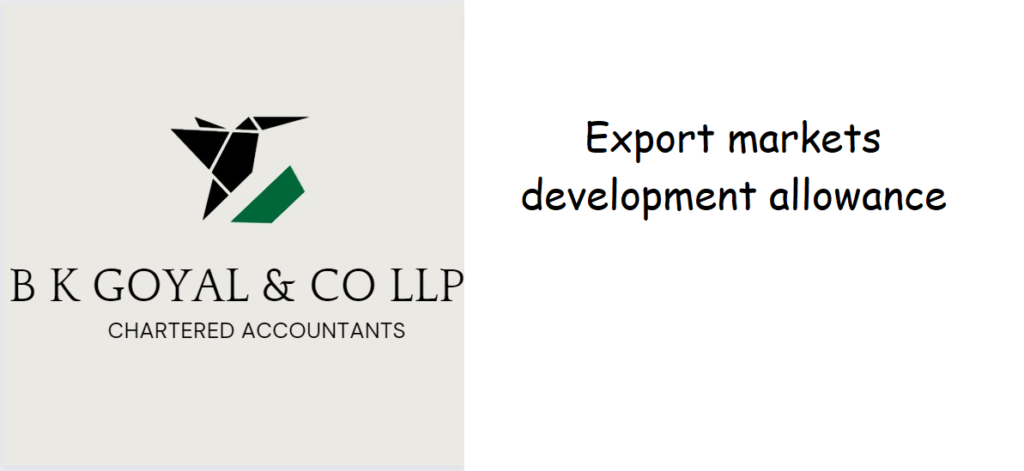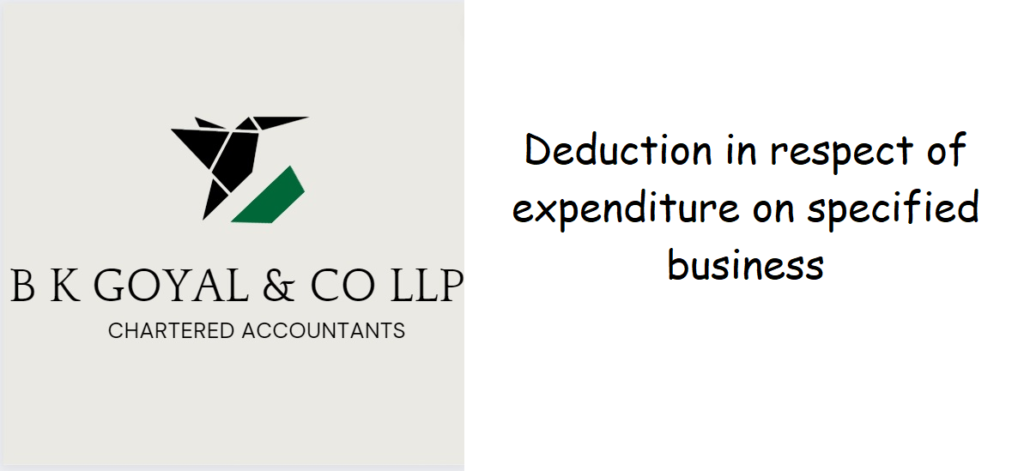Amortisation of Certain Preliminary Expenses Section 35D of Income Tax Act 1961: A Complete Guide
Introduction Are you looking to understand about Amortisation of Certain Preliminary Expenses Section 35D of Income Tax Act 1961: A Complete Guide ? This detailed article will tell you all about Amortisation of Certain Preliminary Expenses Section 35D of Income Tax Act 1961: A Complete Guide. Hi, my name is Shruti Goyal, I have been working in the field of Income Tax since 2011. I have a vast experience of filing income tax returns, accounting, tax advisory, tax consultancy, income tax provisions and tax planning. Amortisation of Certain Preliminary Expenses Section 35D of Income Tax Act 1961 is an essential provision that allows businesses to deduct certain expenses incurred before the commencement of their operations. Section 35D of the Income Tax Act was introduced in 1992 and applies to all taxpayers, whether individuals or companies. In this blog, we will discuss the various aspects of Amortisation of Certain Preliminary Expenses Section 35D of Income Tax Act 1961 and how it can benefit taxpayers. What is Amortisation of Certain Preliminary Expenses Section 35D of Income Tax Act 1961? Amortisation of Certain Preliminary Expenses Section 35D of Income Tax Act 1961 allows businesses to deduct certain expenses incurred before the commencement of their operations. These expenses include expenses related to the: Preparation of feasibility reports Conducting market surveys or any other surveys Engineering services related to the project Architectural services related to the project Legal fees paid for drafting the project agreement Expenses incurred for the incorporation of the company Other expenses directly related to the project These expenses are typically incurred before a business starts its operations and are necessary for setting up the business. The Income Tax Act recognizes the importance of these expenses and allows taxpayers to deduct them from their taxable income over a period of time. How is Amortisation of Certain Preliminary Expenses Section 35D of Income Tax Act 1961 Calculated? Amortisation of Certain Preliminary Expenses Section 35D of Income Tax Act 1961 can be calculated as follows: The total amount of preliminary expenses incurred by the taxpayer is divided into five equal installments. The taxpayer can claim a deduction of one-fifth of the total preliminary expenses each year for the next five years. For example, if a taxpayer incurs Rs. 1,00,000 as preliminary expenses, they can claim a deduction of Rs. 20,000 each year for the next five years. Who can Claim Amortisation of Certain Preliminary Expenses Section 35D of Income Tax Act 1961? Amortisation of Certain Preliminary Expenses Section 35D of Income Tax Act 1961 can be claimed by any taxpayer who has incurred preliminary expenses before the commencement of their operations. This includes both individuals and companies. Are there any Restrictions on Claiming Amortisation of Certain Preliminary Expenses Section 35D of Income Tax Act 1961? Yes, there are certain restrictions on claiming Amortisation of Certain Preliminary Expenses Section 35D of Income Tax Act 1961. These include: The expenses must be incurred before the commencement of operations The expenses must be related to the business project The expenses must be capital in nature The expenses cannot be claimed as a deduction under any other provision of the Income Tax Act How is Amortisation of Certain Preliminary Expenses Section 35D of Income Tax Act 1961 Different from Other Deductions? Amortisation of Certain Preliminary Expenses Section 35D of Income Tax Act 1961 is different from other deductions in the following ways: The deduction is allowed over a period of five years The deduction is allowed only for certain expenses that are incurred before the commencement of operations The deduction is allowed only for expenses that are capital in nature and related to the business project What are the Benefits of Claiming Amortisation of Certain Preliminary Expenses Section 35D of Income Tax Act 1961? Claiming Amortisation of Certain Preliminary Expenses Section 35D of Income Tax Act 1961 can provide several benefits to taxpayers, including: Reducing taxable income: By claiming a deduction for preliminary expenses, taxpayers can reduce their taxable income, which can result in lower tax liability. Improving cash flow: Claiming a deduction for preliminary expenses can improve cash flow, as taxpayers can receive a refund for taxes paid on the deducted amount. Encouraging investment: Amortisation of Certain Preliminary Expenses Section 35D of Income Tax Act 1961 can encourage investment in new projects, as it reduces the cost of setting up a business. FAQs Can all businesses claim Amortisation of Certain Preliminary Expenses Section 35D of Income Tax Act 1961? Yes, all businesses that have incurred preliminary expenses before the commencement of their operations can claim Amortisation of Certain Preliminary Expenses Section 35D of Income Tax Act 1961. How is Amortisation of Certain Preliminary Expenses Section 35D of Income Tax Act 1961 different from depreciation? Amortisation of Certain Preliminary Expenses Section 35D of Income Tax Act 1961 allows businesses to deduct certain expenses related to the project, while depreciation allows businesses to deduct the wear and tear of assets used in the project. Can expenses incurred after the commencement of operations be claimed under Amortisation of Certain Preliminary Expenses Section 35D of Income Tax Act 1961? No, only expenses incurred before the commencement of operations can be claimed under Amortisation of Certain Preliminary Expenses Section 35D of Income Tax Act 1961. Can preliminary expenses be claimed as a deduction under any other provision of the Income Tax Act? No, preliminary expenses cannot be claimed as a deduction under any other provision of the Income Tax Act. Conclusion In conclusion, Amortisation of Certain Preliminary Expenses Section 35D of Income Tax Act 1961 is a crucial provision that allows businesses to deduct certain expenses incurred before the commencement of their operations. By claiming a deduction for preliminary expenses, taxpayers can reduce their taxable income, improve cash flow, and encourage investment in new projects. However, there are certain restrictions on claiming Amortisation of Certain Preliminary Expenses Section 35D of Income Tax Act 1961, and taxpayers should ensure that they meet all the requirements before claiming a deduction. Section 35D, of
